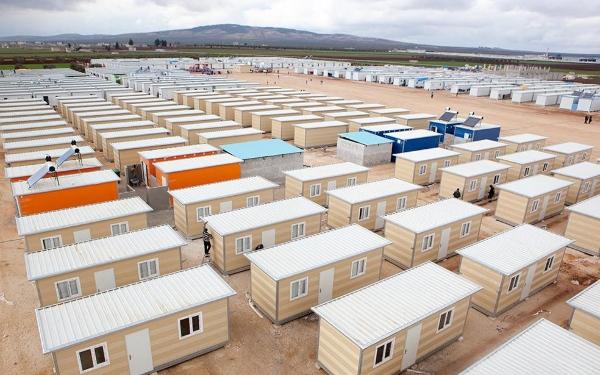Beyond financing roads and rail projects in Nigeria, China provides valuable insights into addressing the housing deficit for Nigeria’s homeless population.
Nigeria, with over 200 million residents, faces a significant housing shortfall, estimated at over 20 million units. The World Population Review in 2023 reported that Nigeria has 24 million homeless individuals, the highest number globally. This crisis stems from the country’s failure to adopt modern technology and alternative building methods for cost-effective housing.
In contrast to Nigeria’s unimplemented housing policies, China recently introduced measures to convert unsold apartments into affordable housing, aiming to utilize excess construction and boost domestic consumption by reducing household savings needs.
China’s affordable housing is categorized into public rental housing, government-subsidized rental housing, and homes with shared ownership, each targeting different income groups. For instance, public rental housing in urban areas is for low-income families, government-subsidized rental housing caters to new urban residents and young people, and shared ownership homes target higher-income individuals who still cannot afford a home.
READ ALSO: FMBN to Fund Affordable Housing Nationwide with N100 Billion
Unlike Nigeria, where government housing projects often compete with and crowd out the private sector, China’s government not only provides housing but also regulates rent levels and apartment sizes. For example, in Changsha, public housing rents are at least 30% lower than market rates, with most apartments costing between 360 to 720 yuan (US$50-US$100) per month and being smaller than 60 square meters.
In Shanghai’s Yangpu district, public rental apartments cost 3,899-5,491 yuan per month, about 20% below market rates, while government-subsidized rental housing is priced at up to 90% of the market rate for similar-sized apartments. Additionally, makeshift hospitals, such as one in Beijing’s Chaoyang district, have been converted into subsidized rental housing, further demonstrating innovative uses of space for affordable housing.
READ ALSO; How Ethiopia developer is Coverting plastic waste into Affordable Homes
Funding remains a major hurdle for affordable housing in Nigeria, whereas China has a well-structured financing system. Cities with populations exceeding 3 million are leading in developing affordable housing, supported by both local and central government funding. The Chinese finance ministry frontloaded 42.5 billion yuan (US$5.87 billion) in subsidies for 2024, and the central bank increased the quota for pledged supplementary lending (PSL) funds by 500 billion yuan for affordable housing, urban renewal, and infrastructure.
By learning from China’s structured approach and policy implementation, Nigeria could significantly improve its affordable housing situation and address the needs of its homeless population.




